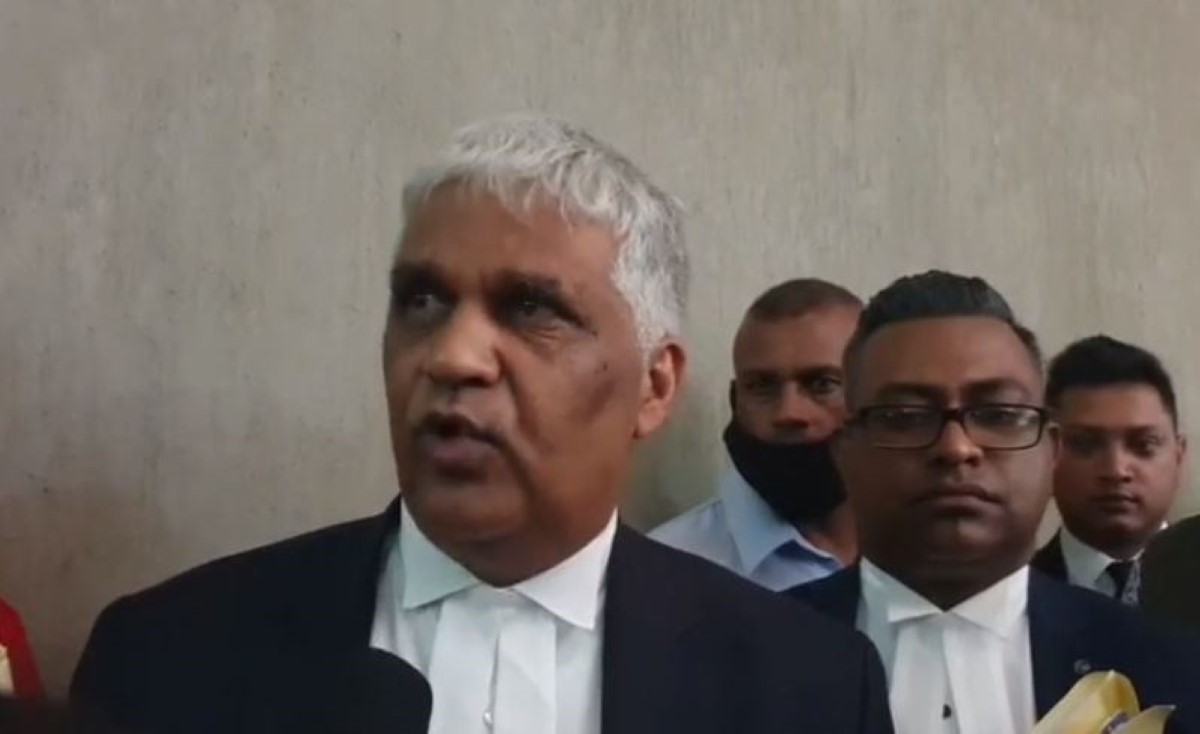Official Palestinian media paid tribute to a famous terrorist who orchestrated the kidnapping and murder of eleven Israeli athletes in Munich. Marking the anniversary of his death last week – he was killed by the Mossad – the official Palestinian Authority daily called Ali Hassan Salameh a “seasoned commander” and a Fatah Facebook page has, for its part , felt that he had been an “exceptional” personality who had served as a “model” in “the journey to liberation”.
Salameh, head of movement security within Fatah of the Palestine Liberation Organization in the 1970s, was the mastermind of the massacre carried out during the Munich Olympics in 1972 on behalf of the September terrorist group black, a branch of the PLO.
The Fatah-dominated PLO was engaged in the armed struggle against Israeli soldiers and civilians wherever they were present and regularly carried out terrorist attacks within the Jewish state and abroad.
Receive our daily edition for free by email so you don’t miss out on the best of news Free registration!
During the Munich massacre, Palestinian terrorists initially killed two Israeli athletes and kidnapped nine. In return, they demanded the release of hundreds of Palestinian prisoners, as well as that of two prominent West German left activists.
After a futile attempt by the German security forces to free the hostages, the Palestinians opened fire on the Israelis, killing them in cold blood.
The Munich attacks caused horror around the world and they were condemned by the international community.
Fatah and the official Palestinian media continue to pay tribute every year to Salameh on the anniversary of his assassination by the Mossad on January 22, 1979, according to recent information released by the Palestinian Media Watch group, a non-profit organization that tracks incitement to violence in the Palestinian media.
A member of the Arab commando who had seized the Israeli Olympic team at their headquarters in the Olympic Village in Munich, on the balcony of the building where he was holding the Israelis hostage, on September 5, 1972. (AP Photo / Kurt Strumpf)
–
The official journal of the Palestinian Authority Al-Hayat Al-Jadida called Salameh – also known as Abu Hassan or the Red Prince – a “martyr” and “a seasoned commander”.
“Ali Hassan was distinguished by a long arm, which reached all over Europe and by a great intelligence which had enabled him to hunt down Mossad agents,” commented an enthusiastic narrator in a video posted on a semi-official Facebook page of Fatah. “After his appointment in command of special operations against Israeli intelligence services around the world, his name was linked to many high-level operations such as sending explosive packages to many Mossad agents in Europe.”
These “explosive packages” appear to have been a reference to the dozens of explosive letters that had been sent to Israeli diplomats stationed abroad. While the majority had been neutralized, Ami Schechori, diplomatic attaché at the Israeli embassy in the United Kingdom, was killed by one of these devices.
“Salameh left behind a lifetime that transformed him into an extraordinary symbol. His legacy is still carried by those who worked alongside him and by those who loved him, who still see him as a beacon helping them to orient themselves on this journey towards liberation, ”continues the Fatah video.
“Ali Hassan Salameh – Palestinian memory refuses to forget this exceptional man – this man who knew how to make his name immortal throughout the history of the Palestinian revolution and in his sophisticated war against the Mossad”, concludes the video.
Palestinian Media Watch noted this week that Fatah officials also paid tribute to other members of the Black September cell behind the Munich attacks.
In a publication posted last April, Tawfik Tiwarti, a member of the Fatah central committee and former security chief in the West Bank, called the other three members of Black September “leaders” who, he wrote, ” have rehabilitated Palestine through the gift of their person ”.
Salameh, who was originally from Jaffa, had become one of the closest lieutenants to Yasser Arafat, PLO official and Fatah leader. He had taken over as the head of the Black September organization in the 1970s, which engaged in covert assassinations and hostage-taking which were then released for ransom.
In addition to the Munich attacks, Black September also targeted Israeli diplomats and businessmen abroad and assassinated a Jordanian prime minister. The group was also behind a bombing of a Dutch synagogue that resulted in the deaths of three people.
Paradoxically, the mastermind behind some of the PLO’s most vicious attacks had also been the man Arafat chose to maintain unofficial ties with the United States, with meetings that had been arranged in Beirut and Baghdad with American diplomats and intelligence agents. Salameh had been the one behind the scenes to mediate between the Americans and the Palestinians at a time when contacts between the terrorist group and Washington were strictly confidential.
Hunting him, agents of the Mossad mistook him for a Moroccan waiter, in Norway, whom they had accidentally murdered in 1973. They had been indicted by the Norwegian justice but they had finally been extradited to the State Jewish.
Salameh was ultimately assassinated – by Mossad agents, according to reports – in 1979 in Beirut.
–


